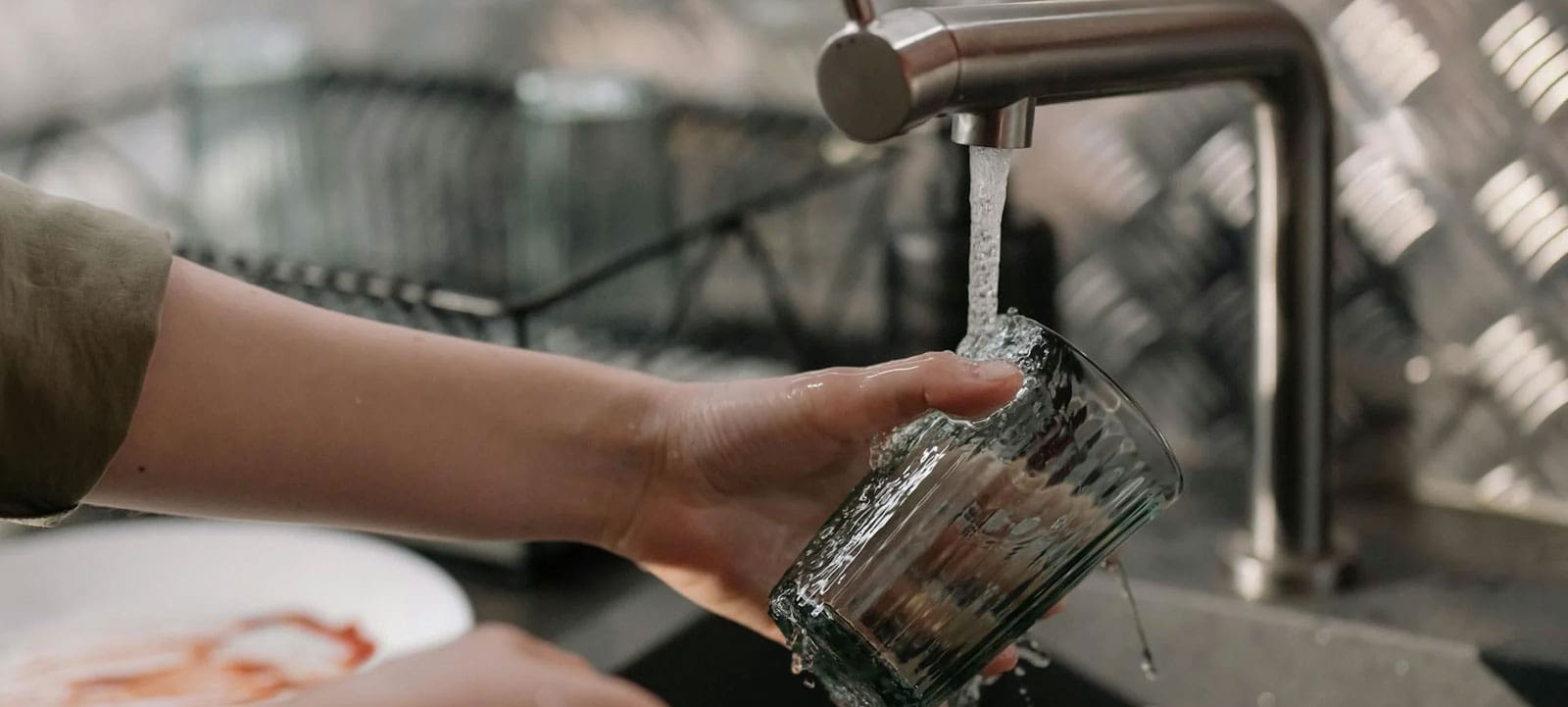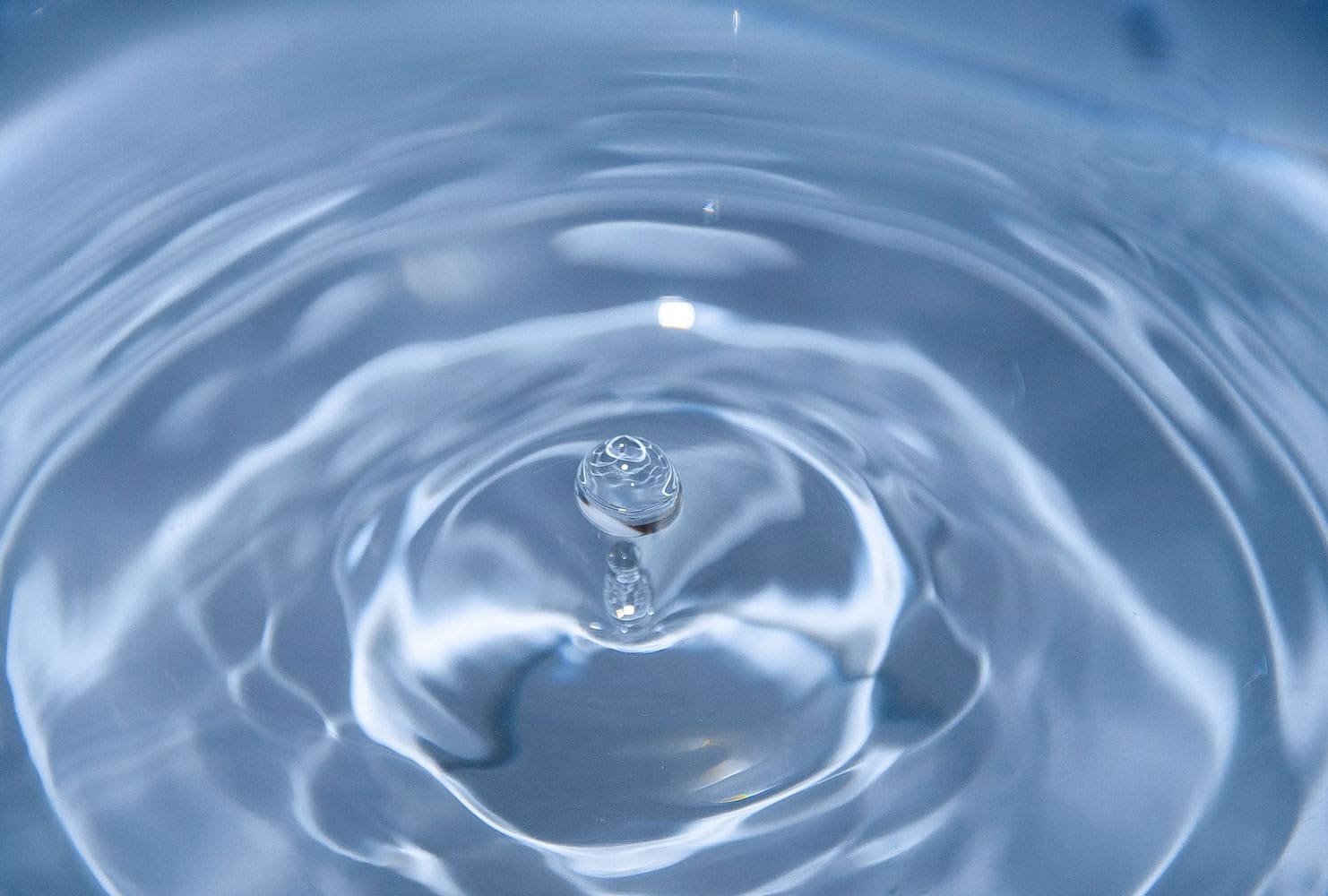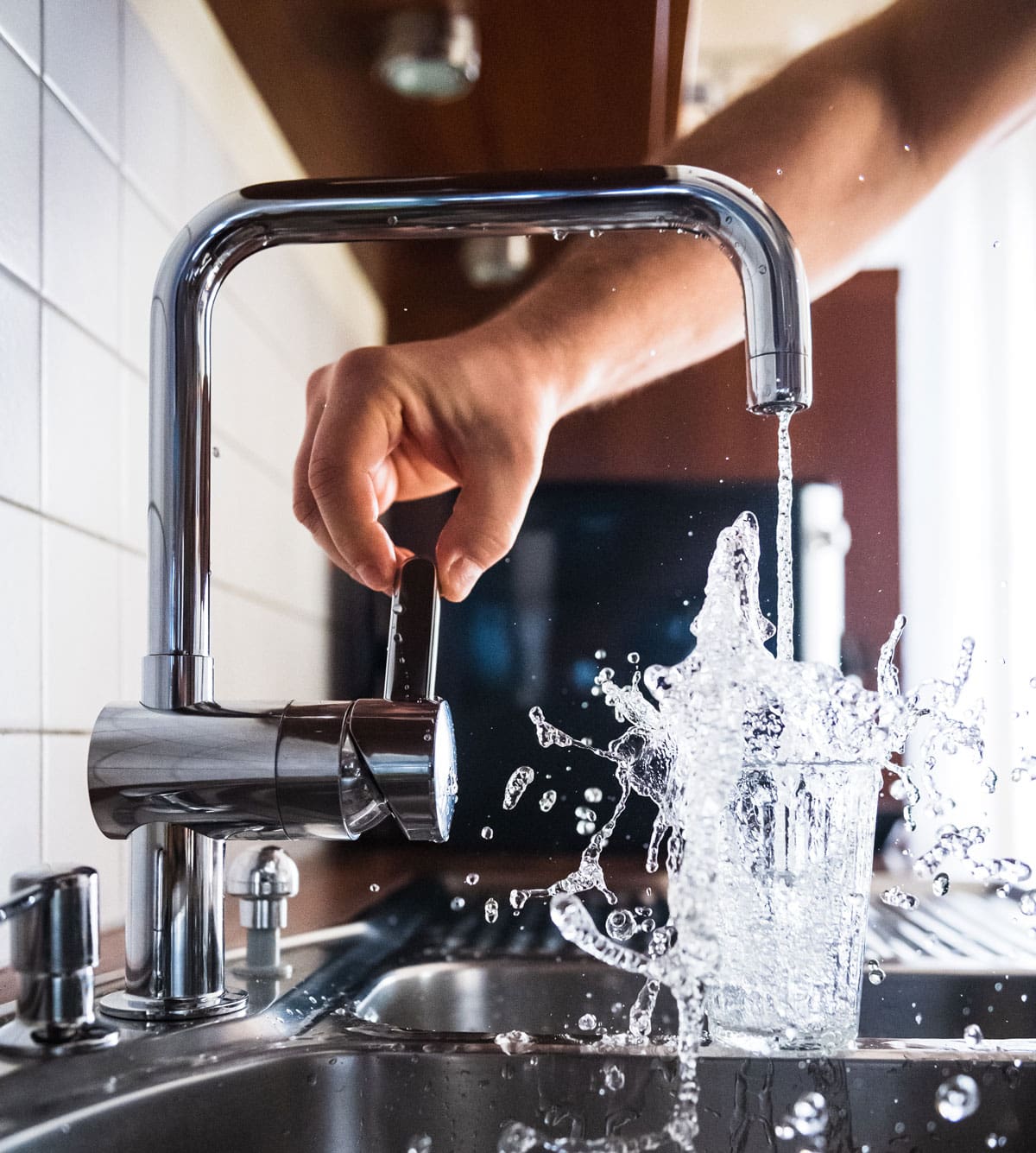
Is your water helping your business flow smoothly?
With a never-ending to-do list to contend with, it’s understandable that most entrepreneurs don’t spare much thought for the water coming out of their taps. But water quality is a key consideration for any business, regardless of size or industry.
Understanding the way our water varies – and particularly the differences between hard water and soft water – can help you make informed decisions that improve efficiency, reduce costs, and enhance product quality across your business.
What’s the difference between hard water and soft water?
Hard water
The central difference between hard and soft water is the number of minerals present in the water. Hard water contains higher levels of dissolved minerals than soft water, particularly magnesium and calcium. As water passes through rock formations like chalk and limestone, these minerals are naturally absorbed. As such, areas with higher concentrations of these rocks are more likely to have hard water.
Soft water
Soft water has low concentrations of these minerals when compared to hard water. It occurs in areas where water passes through softer rock types, but hard water can also be treated to remove excess minerals, effectively becoming soft water.

The impact of water on your business
Equipment and maintenance
Water type can have a direct impact on the maintenance of your business’s equipment. The minerals in hard water can form scale deposits inside boilers, pipes, and mechanisms. Over time, scaling can lead to blockages, reduced efficiency, and increased wear and tear. Meanwhile, soft water doesn’t cause scaling, which can contribute towards reduced maintenance costs and extended lifespan for equipment.
Operational efficiency
The scale build-up of hard water can reduce the efficiency of key business appliances, like heating elements and boilers. This can lead to higher energy consumption and drive up operational costs. With soft water, heating elements and boilers operate more efficiently.
Hygiene and cleanliness
Soft water lathers better with soaps and detergents, avoiding the “scum” that can form when the minerals in hard water react with soaps and detergents. Scum can leave residues and make cleaning less effective, which can be particularly problematic in hospitality or healthcare organisations.
Product quality
Hard water can affect product quality, especially in manufacturing or food and drink production. This is because mineral deposits can alter the taste and appearance of products, impacting manufacturing processes. Using soft water helps to maintain a consistently high production quality.
Environmental impact
Over time, the frequent maintenance and higher energy usage of hard water can add up to create a greater environmental impact. Harsh chemicals are often used to combat the scale build-up of hard water, and this can cause further harm. Soft water contributes to a more sustainable operation by reducing energy usage and helping you avoid harsh chemical cleaners.

How to manage water quality in your business
It’s clear from these comparisons that soft water is the more affordable, safer, and sustainable option for businesses, and thankfully there are steps that can be taken by businesses facing the challenges of hard water.
Chief among these solutions is installing a water softener. These simple items can remove excess minerals from your business water supply, converting hard water into soft water. Scheduling regular maintenance for your equipment and investing in specialised, sustainable cleaning products can all reduce the negative impact of hard water.

Contact Everflow today!
At Everflow, our goal is to make your utilities simpler. We ensure you get great-value contracts that are tailored to your needs and easy to manage.


